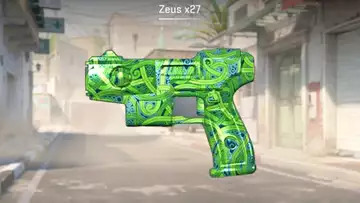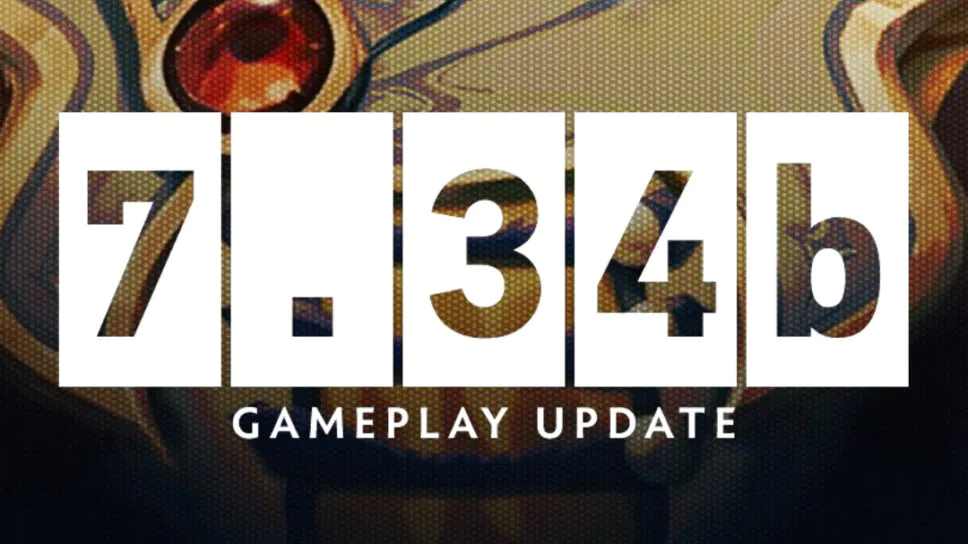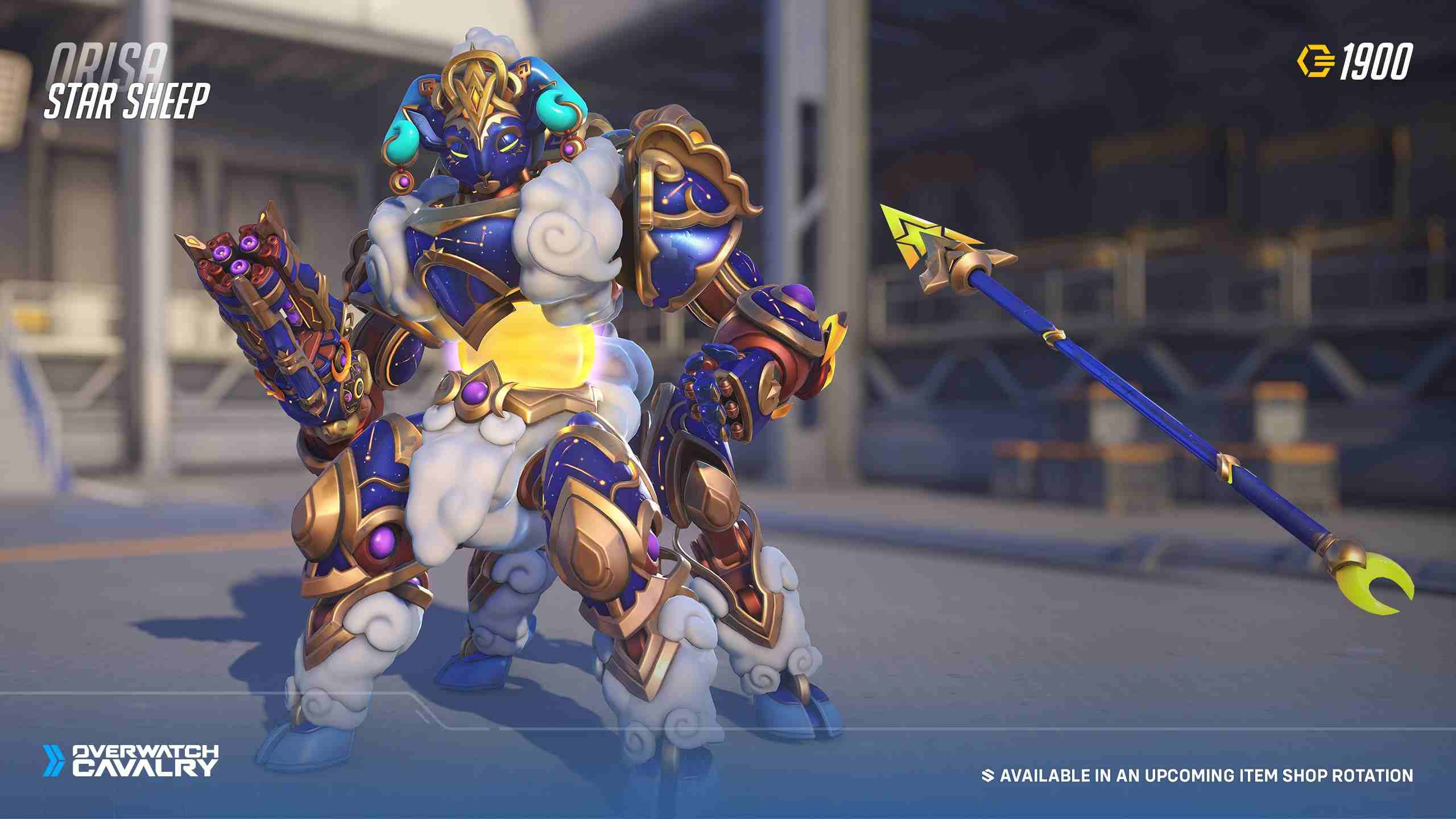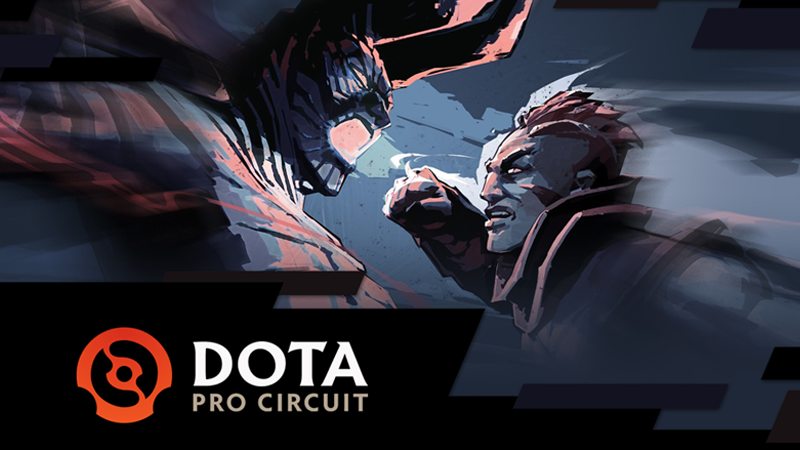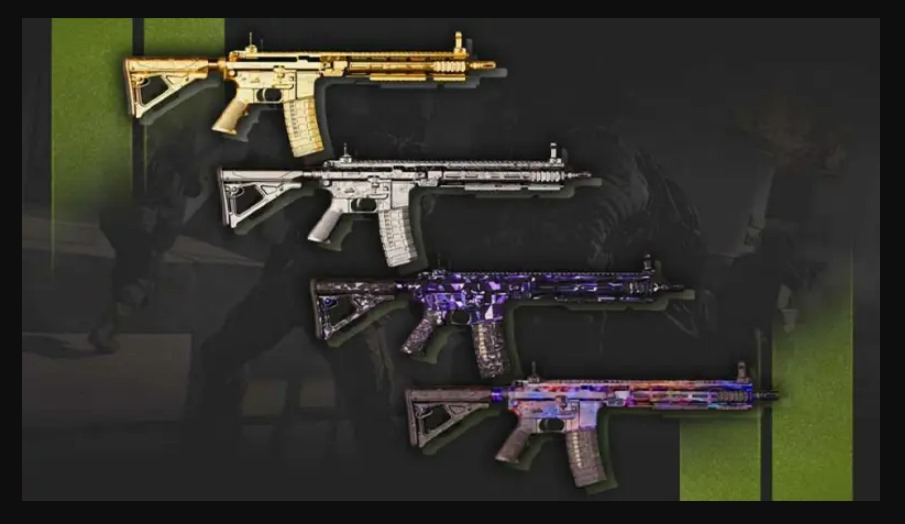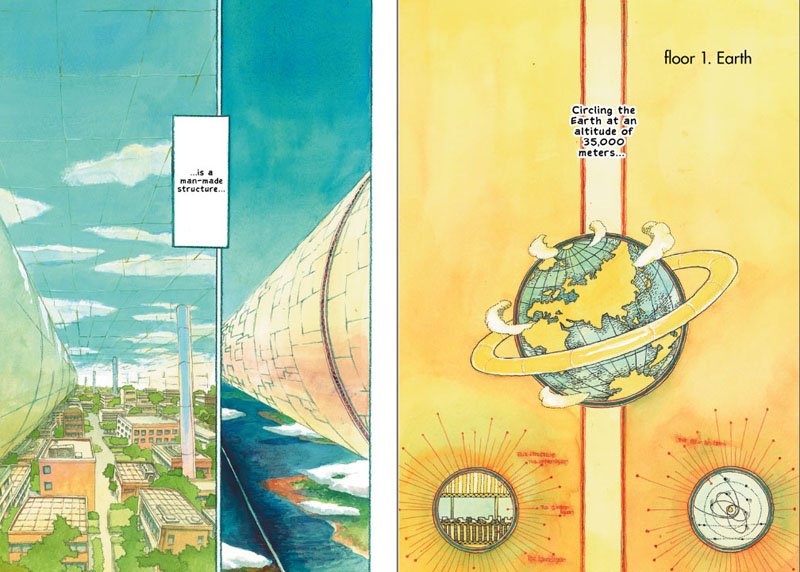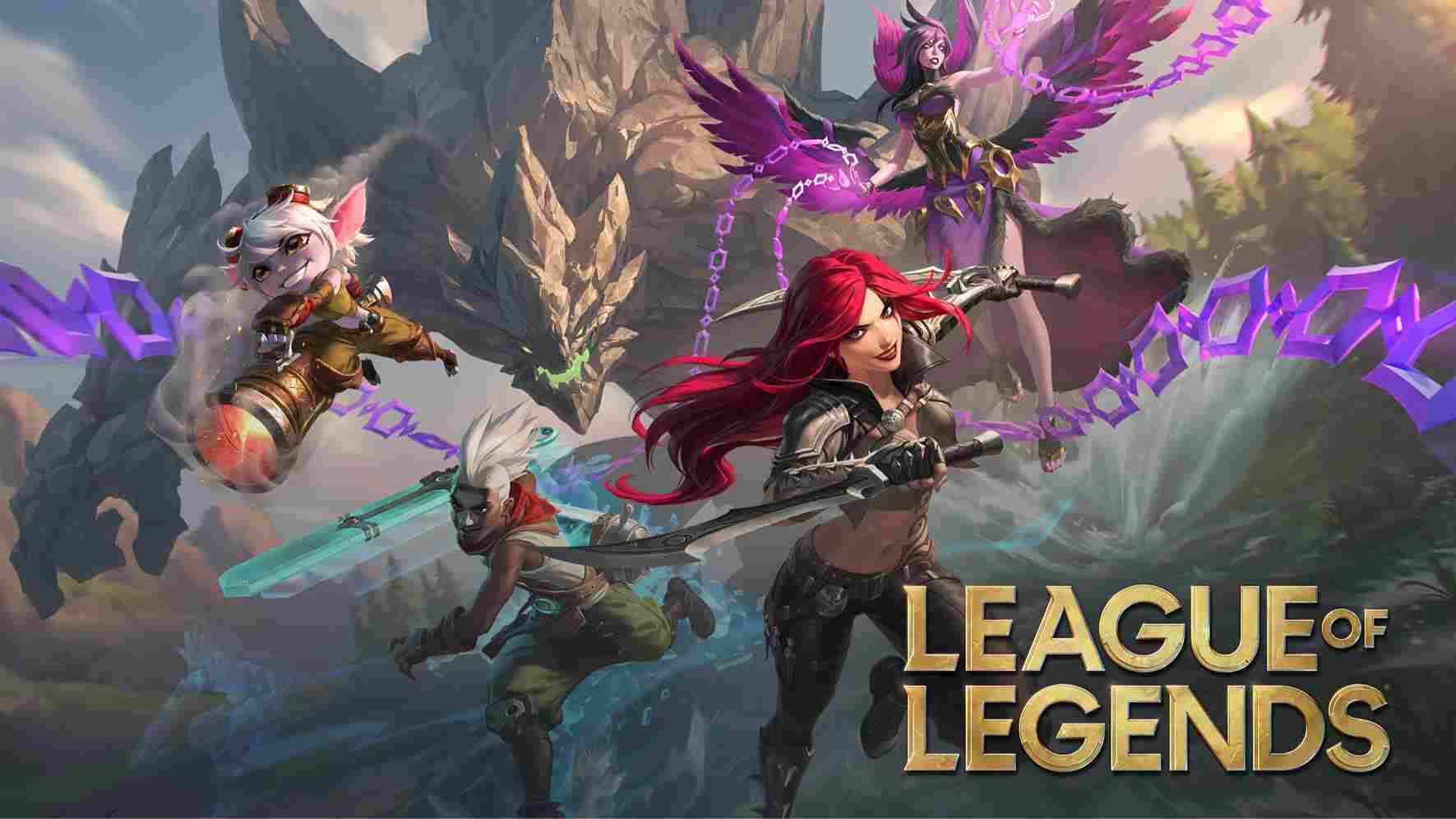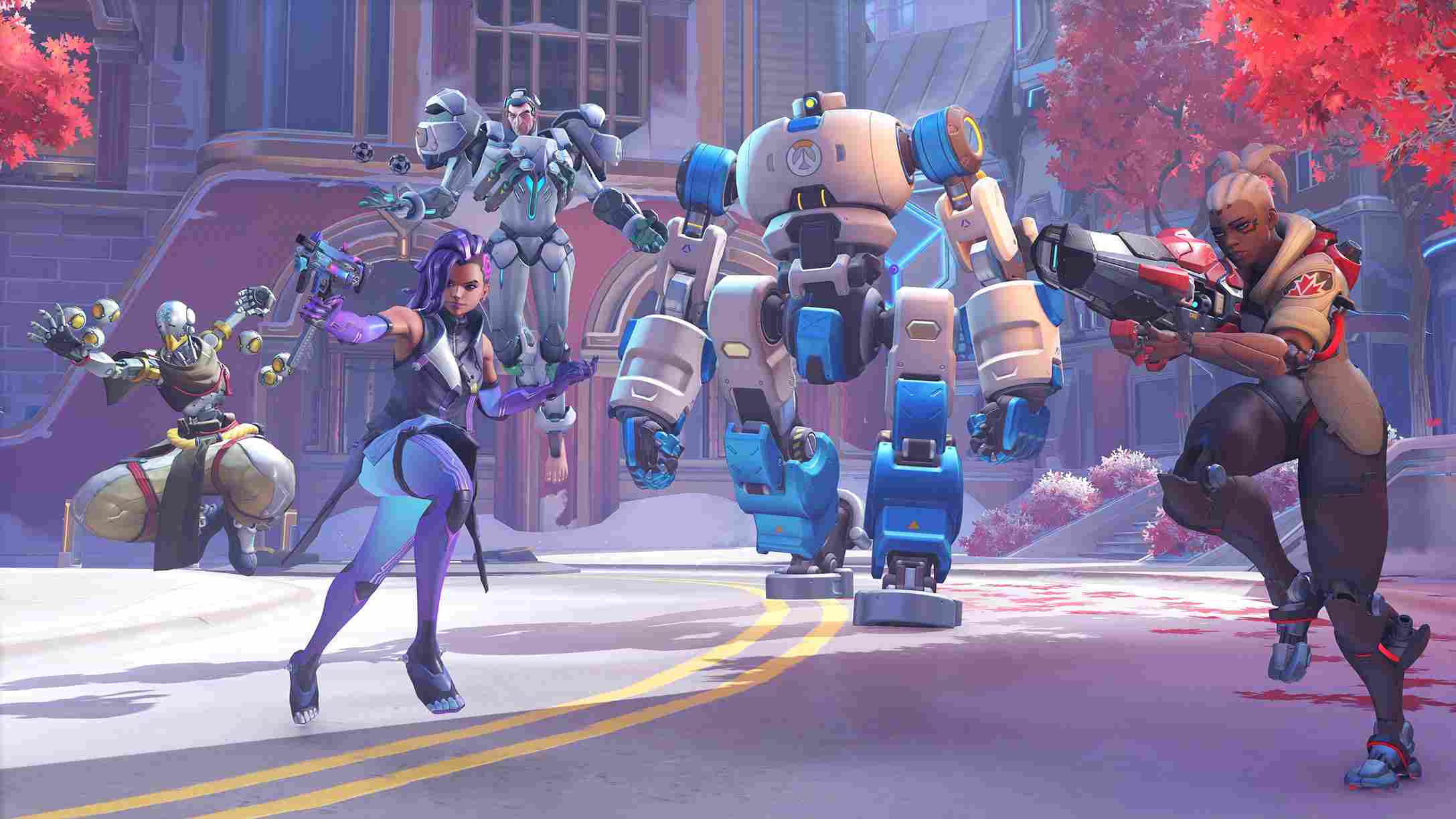5 Reasons Why GTA 6 Is Scheduled For March 2024
Grand Theft Auto (GTA) is a highly popular and influential open-world video game franchise created by British game developer Rockstar Games. The series is renowned for its immersive gameplay, expansive environments and engaging narratives. Set in various fictional cities inspired by real-world locations, players assume the roles of criminals, often working their way up the criminal underworld through a combination of mission heists and activities.
GTA is characterized by its sandbox-style gameplay, allowing players the freedom to explore the game world, interact with NPCs, and undertake a wide range of activities beyond the main storyline. These activities include driving vehicles participating in races engaging in combat and even purchasing properties.
5 reasons why GTA 6 is scheduled for March 2024:
Eco-Friendly Lifestyle App:
Create an app that helps users adopt and maintain eco-friendly habits. It could track personal carbon footprints, suggest sustainable alternatives and offer rewards for achieving environmental goals.
To truly embody the eco-friendly ethos the development process might need to align with sustainable practices. Which can sometimes add complexity or require additional research that makes a delay in launching.
Legal and Licensing Issues:
Games can encounter legal challenges related to licensing agreements, copyright issues or other legal matters that require resolution before the game can be released. Games often include a wide range of intellectual property including characters, music artwork and more. Ensuring that all these elements are originally properly licensed or within fair use guidelines is crucial to avoid copyright infringement issues. Any potential violations must be addressed before release. Legal teams need to review all in-game content including text visuals, audio and video to ensure that it doesn’t infringe on any existing rights or breach legal contracts.
Also Read: All Rumors, Spoilers, Characters Name From GTA VI In August 2023
Public Relations:
If a game receives negative feedback or experiences backlash after an initial announcement or preview, developers might choose to delay the release to address concerns and improve the game’s image. Materials including trailers, screenshots and press releases need to accurately represent the final product. If the development team receives feedback or identifies areas for improvement based on initial PR materials they might. Developers and publishers often plan PR campaigns to coincide with major milestones such as teaser trailers, gameplay reveals or beta testing. If these milestones are not met on schedule due to development issues the entire PR campaign might need to be postponed to ensure that the game is ready to showcase.
Quality Assurance:
Game developers often delay a game to ensure that it meets the desired level of quality. This can involve fixing bugs, optimizing performance and polishing gameplay mechanics to create a smoother and more enjoyable experience for players. QA testers meticulously play through the game, looking for bugs, glitches and issues that can impact gameplay visuals, audio and more. Identifying these issues, documenting them and then working with developers to fix them can be time-consuming especially if complex or critical bugs are found. Fixing one bug can sometimes inadvertently introduce new issues or disrupt other parts of the game. QA testers need to perform regression testing to ensure that fixes haven’t caused unexpected problems elsewhere.
Scope Changes:
As development progresses the scope of a game might expand or change based on creative decisions, player feedback or new ideas. This can lead to delays as the team works to implement these changes while maintaining a high level of quality. When the scope of a game changes the development plan needs to be adjusted accordingly. This might involve rearranging tasks allocating resources differently and potentially reprioritizing certain elements. This adjustment can extend the development timeline. Scope changes often involve adding new features, levels, characters or gameplay mechanics. Creating and integrating these additional elements can take time especially if they require unique design art programming or testing.





